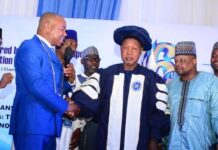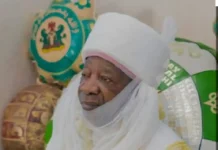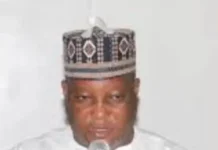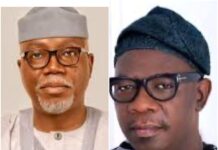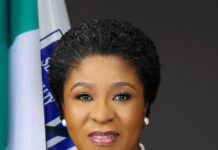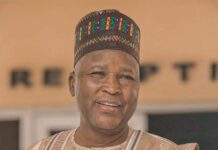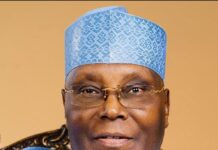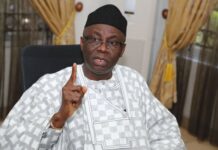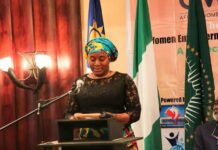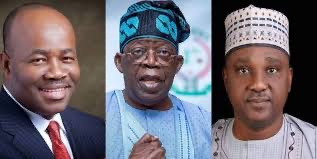
Top Nigerian Politicians Debate Transition from Presidential to Parliamentary Governance
In a pivotal forum, prominent Nigerian politicians, including former governors, ministers, and legislators, engaged in a robust discussion on the merits of Nigeria’s democratic structure, specifically weighing the presidential model against a parliamentary system.
This critical dialogue took place at the National Dialogue on Home-Grown Parliamentary Systems in Abuja, following a recent proposal by House Minority Leader Kingsley Chinda and 59 other lawmakers to amend the 1999 Constitution in favor of transitioning from a presidential to a parliamentary system.
The participants spoke at a dialogue convened by the homegrown Parliamentary System Support Group (PSSG) at the Shehu Yar’Adua Centre Abuja.
Abdussamad Dasuki, a spokesperson for the proposed bill, championed the parliamentary model as a potential remedy for the inefficiencies and high costs associated with the current presidential governance.
He argued that adopting a parliamentary system would diminish the financial burden on the government and tackle unresolved issues that have plagued Nigeria under its existing framework.
Former Osun State Governor, Rauf Aregbesola, lent his support to the move, asserting that a parliamentary structure would better accommodate Nigeria’s vast and diverse population.
He emphasized the importance of a governance model rooted in collective responsibility, stating, “If we believe that one individual alone can govern 120 million people without checks, we are joking. The collective arrangement in the parliamentary system is best for Nigeria if we aim to advance the interests of our large population.”
However, this viewpoint faced strong opposition from the League of Northern Democrats (LND), spearheaded by former Kano State Governor Ibrahim Shekarau. During the discussion, Shekarau contended that the presidential system fosters national unity by compelling leaders to seek widespread support, in contrast to the parliamentary model, which he claimed could exacerbate regionalism and division.
Read Also:
“The presidential system’s broader constituency encourages coalition-building, which dilutes the dominance of any one group,” he argued, adding that the Federal Character principle integral to the presidential system promotes inclusivity across Nigeria’s diverse regions.
The Speaker of the House of Representatives, Hon. Tajudeen Abbas, also addressed the assembly, rejecting calls for part-time legislators on the grounds of the complex and demanding nature of legislative responsibilities.
Abbas advocated for a distinct governance model that encapsulates Nigeria’s values and cultural richness. “Our bicameral system has helped balance representation and ensure inclusivity across regions,” he remarked, cautioning against hasty systemic changes given Nigeria’s unique cultural and geographical landscape.
Several speakers, including former aide Dr. Usman Bugaje, echoed concerns over the presidential model, labeling it a contributor to rising poverty, insecurity, and entrenched corruption in the country. Bugaje emphasized that any effective governance solution must be home-grown and culturally attuned.
Adding to this critique, Northern Elders Forum Convener Prof. Ango Abdullahi denounced the presidential system as misaligned with Nigeria’s historical and cultural context.
He called for an alternative model that is not merely a replica of the British parliamentary structure, but a uniquely Nigerian framework that reflects the country’s complexities.
Youth representatives and community leaders, such as Barrister Chimdi Neliaku, amplified calls for a governance model that safeguards minority rights and fosters trust between citizens and their government.
Senator Florence Ita-Giwa underscored the necessity of any new governance model to uphold minority rights and ensure transparency, highlighting the concerning decline of electoral integrity in recent years.
PRNigeria reports that the dialogue culminated in a broad consensus on the pressing need for a home-grown governance model tailored to Nigeria’s unique challenges.
Participants emphasized the importance of ongoing discussions aimed at refining a system that resonates deeply with the Nigerian populace and addresses the nation’s political and social intricacies.
The dialogue marks a significant moment in Nigeria’s political landscape, reflecting a growing scrutiny of the existing presidential system, with an increasing number of voices advocating for a shift towards a parliamentary model.
By PRNigeria





